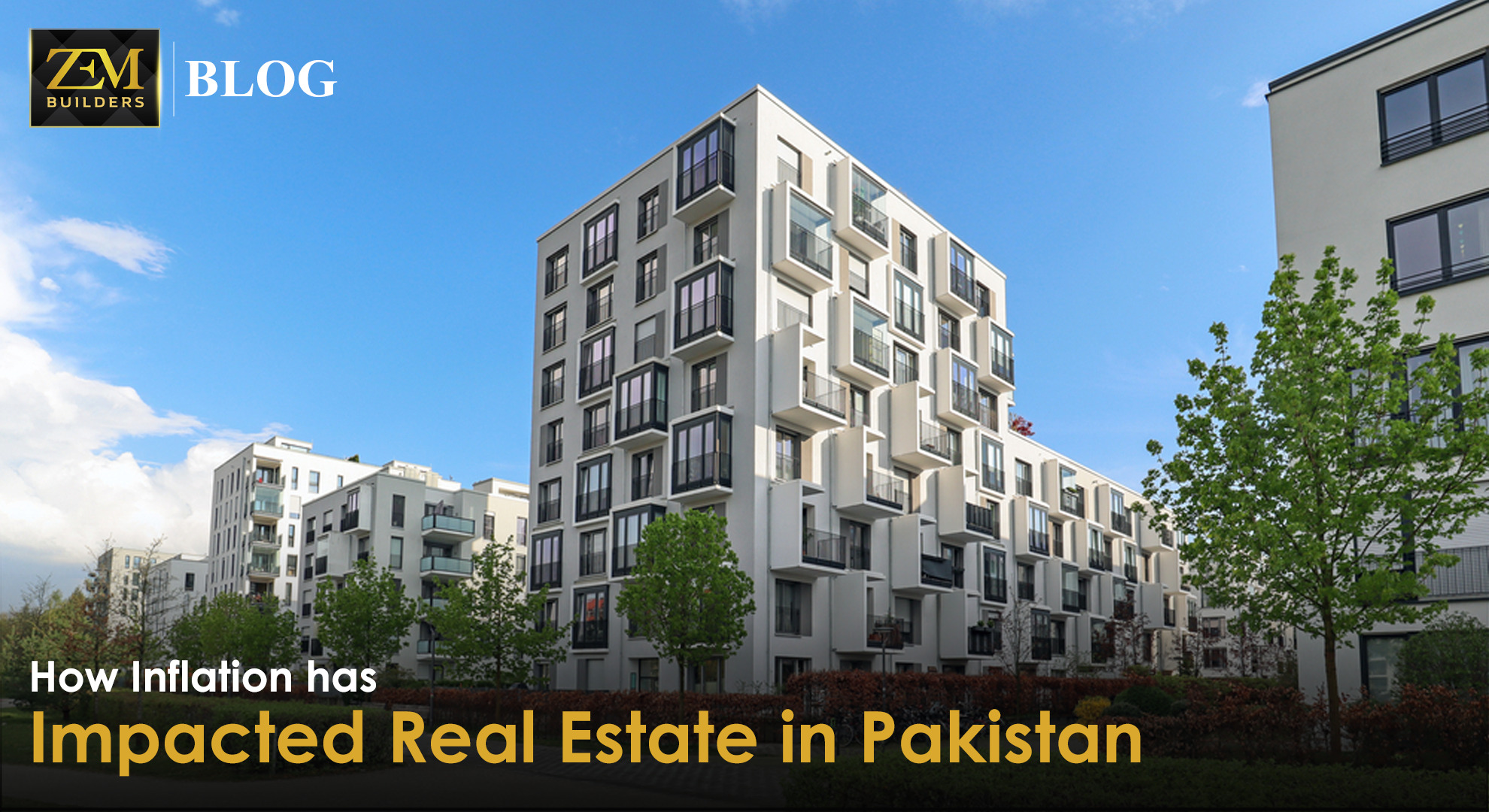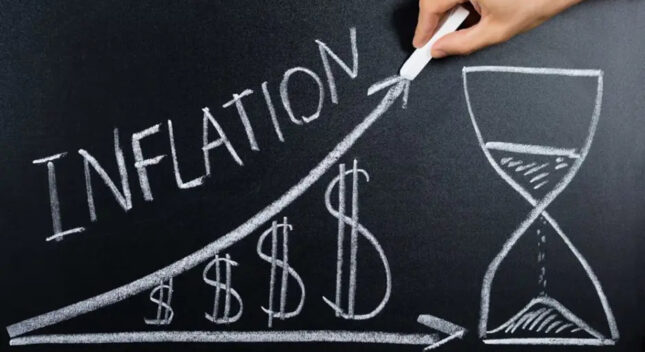How Inflation has Impacted Real Estate in Pakistan

Introduction
Real estate is a crucial sector in Pakistan, contributing significantly to the country’s economy. It serves as a cornerstone for many industries, generating employment and fostering economic growth. However, the presence of inflation has created a ripple effect throughout various sectors, including real estate. In this blog, we will explore how inflation has impacted the real estate market in Pakistan.
Understanding Inflation
Inflation refers to the persistent increase in prices over time, resulting in the decline of purchasing power. As inflation rises, the value of money diminishes, making it more challenging for individuals to maintain their standard of living. While inflation negatively affects many industries, the real estate market has experienced both positive and negative consequences.
- Property Appreciation: Over the past year, real estate prices have witnessed a significant hike in Pakistan. This increase in property values has proven to be beneficial for investors. For instance, an individual who purchased a property worth XYZ in the past may find it worth 1.5 times or more today. Property appreciation due to inflation creates opportunities for investors to grow their wealth over time. However, it is crucial to make smart investments in projects that yield good returns, as real estate investments are generally long-term in nature.

- Rental Increments: Inflation affects not only property prices but also rental rates. As the cost-of-living rises, landlords increase rental prices to keep up with inflation. This increment in rental income can be advantageous for property owners, as it allows them to generate higher returns on their investments.
Negative Impacts of Inflation on Real Estate
- Increase in Construction Costs: Inflation leads to an increase in the cost of construction materials, impacting the real estate industry directly. Builders and developers face the challenge of completing projects within their dedicated budgets, as the rising costs of construction materials can strain their financial resources. Consequently, this may result in higher property prices, making it more difficult for potential buyers to afford homes.

- Increase in Borrowing Costs: As inflation rises, property prices and interest rates also increase. Individuals looking to finance their real estate purchases from banks or lending institutions face the consequence of higher borrowing costs. With the increase in interest rates, acquiring loans becomes more expensive, making it challenging for buyers to enter the real estate market. This can hinder the growth of the real estate industry and limit opportunities for aspiring homeowners.
Conclusion
Inflation disrupts the balance of individuals’ lives by reducing their buying power and devaluing the currency. However, investing in real estate can be a prudent choice to secure hard-earned money in the face of inflation. Despite the negative impacts, the real estate market in Pakistan has experienced some positive effects due to inflation, such as property appreciation and rental increments. It is essential for investors to make informed decisions, considering long-term plans and potential returns. While inflation poses challenges for individuals with lower income levels, real estate investments can serve as a means to safeguard their investments against the devaluation of the currency. Ultimately, navigating the effects of inflation on the real estate sector requires careful consideration and strategic decision-making.

